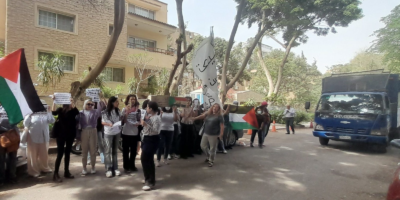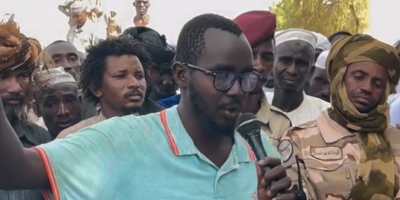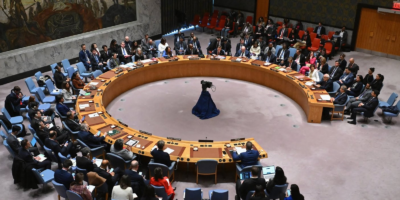News briefing
Geneva, 27 August 2021
Translated and edited by: The Committee for Justice
The Working Group on Enforced or Involuntary Disappearances emphasized that states should recognize the relationship between enforced disappearance and economic, social and cultural rights, and that it is also used as a tool of intimidation against human rights defenders.
The poor are most at risk of enforced disappearance:
These statements came in a statement on the occasion of the International Day of the Victims of Enforced Disappearances, which falls on August 30 of each year, and the team said that “Enforced disappearance, by its nature, is a complex crime that violates all ranges of rights, including economic, social and cultural rights, of the disappeared, their relatives, and others.”
“People living in poverty are more vulnerable and exposed to higher risk of enforced disappearances. In some instances, when encountering the criminal justice system, they are deprived of legal advice and assistance to challenge the conditions of their arrest, trial, conviction and detention, and thus disappear within the system. Victims of enforced disappearances are also mostly marginalized. When they live in areas with little or no State institutions present, their family and relatives have little access to justice and effective means to search for them,” the Group added.
In its statement, the Group explained that, “Children who lack access to education, live in poverty, or in street situation or have been displaced, face greater risk of being abducted to turn into child soldiers or trafficked for the purpose of exploitation. Migrants and persons with disability are also particularly vulnerable to enforced disappearances, due to the lack of financial resources, protection schemes, as well as political, social and cultural participation.”
A tool to intimidate human rights defenders:
The Working Group also noted that enforced disappearance is used as a tool of intimidation, reprisal and unlawful punishment against human rights defenders, including individuals who promote economic, social and cultural rights.
The group urged the states to: “address the fact that enforced disappearances put family and relatives in a very challenging position, especially when the breadwinner is disappeared. As the family structure is disrupted, spouses and children are impacted economically, socially and psychologically. Taking into account that men are usually the main target of enforced disappearances, women are particularly affected. They are often ostracized in the community because their partners are allegedly suspected of crimes, or because people fear associating with someone who has been the target of an enforced disappearance. The mothers may also be socially stigmatized and blamed for not taking “proper care” of their disappeared children.”
Difficulties facing the families of the forcibly disappeared:
The statement indicated that: “In some countries, national legislation may make it impossible to draw a pension or receive other means of support in the absence of a death certificate, revictimizing the victims, and aggravating further their vulnerability. Both the economic hardships and the devastation of losing a loved one may cause relatives of the disappeared great emotional trauma that can lead not only to the violation of the right to family life, but also to negative physical and psychological impacts.”
COVID-19 and the necessity of ratifying the protection agreement:
The team noted that the Coronavirus pandemic has had a devastating impact on the enjoyment of economic, social and cultural rights worldwide, and has exacerbated the impact on victims of enforced disappearance and their relatives, referring to the eight basic guidelines jointly adopted in September 2020, calling on Member States to ensure respect, promotion and protection of the rights and obligations enshrined in the Convention and the Declaration.
The team also reiterated its support and solidarity with all victims of enforced disappearance, calling on all states to take all necessary measures to avoid additional suffering caused by the social, economic and cultural consequences of enforced disappearance.
The group also called on all states to ratify the International Convention for the Protection of All Persons from Enforced Disappearance, and to accept the competence of the Committee on Enforced Disappearances to receive and examine individual and inter-state complaints.





